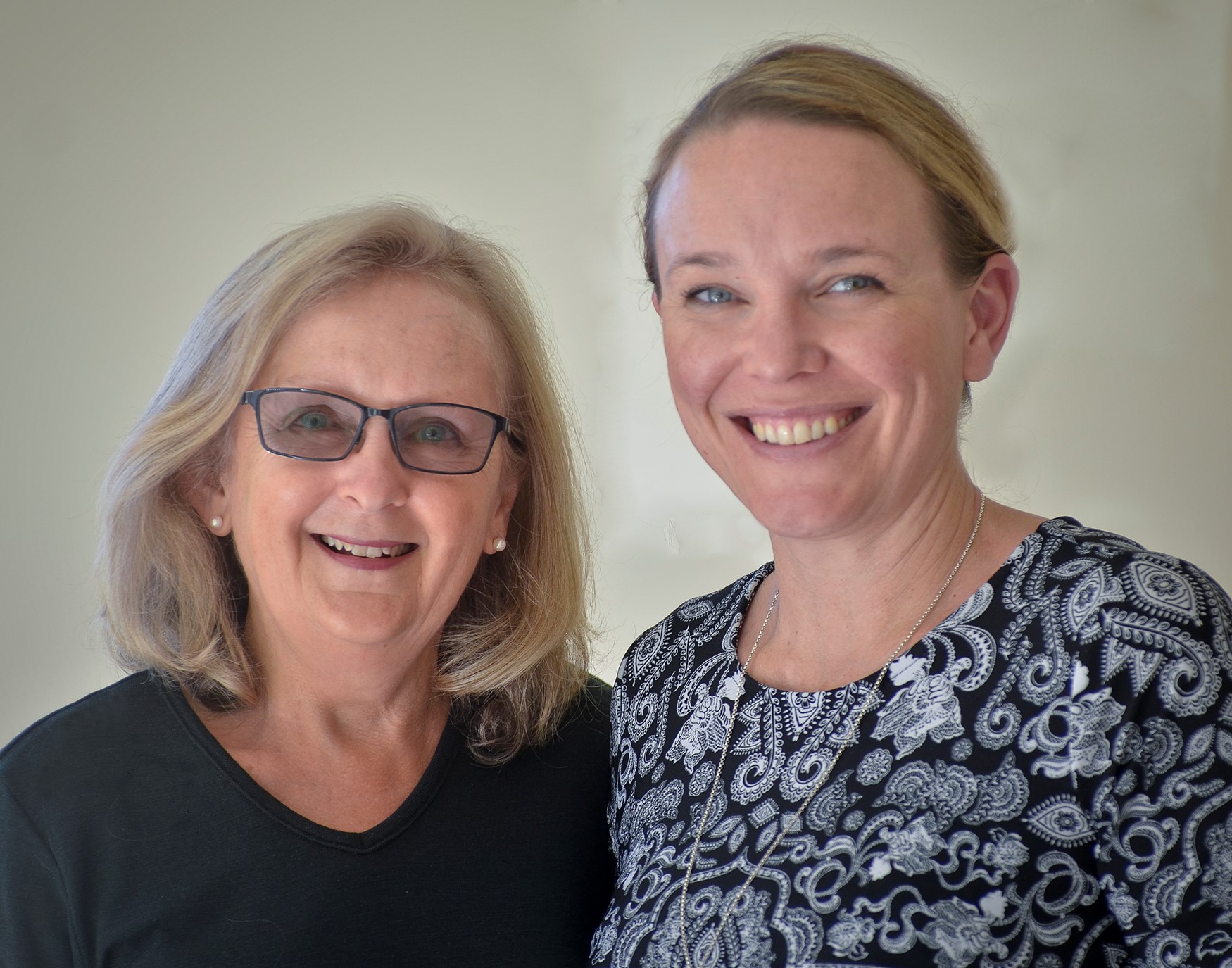|
|
New Zealand
Background
New Zealand data (for 2014) shows a decrease in stillbirths at full term and 26.6% of these babies were growth restricted. Preterm stillbirths (23-36 weeks gestation) have an fetal growth restriction (FGR) rate of 40.9% [1].
A recent epidemiological analysis based on a comprehensive UK database [2] has underlined the impact that fetal growth restriction has on stillbirth rates, and the significant reduction which can be achieved through antenatal detection of pregnancies at risk.
Customised growth charts
The Perinatal Institute in the UK administers the Gestation Network www.gestation.net which provides tools for assessment of fetal growth and birthweight by defining each pregnancy's growth potential through the Gestation Related Optimal Weight (GROW) software, including
GROW-Centile: a web application for calculation of customised birthweight centiles for each pregnancy, or a database of pregnancies (bulk centile calculator)
GROW-App: a web based application that produces customised antenatal charts for plotting fundal height and estimated fetal weight, a centile at birth and automated reports on the number of SGA cases and antenatal suspicion and detection.
GROW-Services: a web service that links the GROW chart and centile to your local MCIS/MMPO system.
Recently completed audits in the UK have shown that antenatal detection of fetal growth restriction is directly related to the degree of training and
implementation of standardised, evidence based protocols. Therefore, continued or new provision of the software requires DHBs to be accredited in the Growth
Assessment Protocol (GAP). This includes comprehensive staff training, monitoring of FGR referral for suspicion / detection rates, and regular audits of FGR cases not antenatally
detected to help identify system failures in fetal growth surveillance. The GAP programme has resulted in significant reductions in stillbirths in each of the NHS
regions where it was widely implemented, and has been associated with recent year on year drops in national stillbirth rates in England, to their lowest levels.
These successes have been recognised by successive British Patient Safety Awards in 2013, 2014 and 2015 and a 2016 Queens Award - www.perinatal.org.uk/awards
For more details on the evidence behind customised growth charts and the successful UK Growth Assessment Protocol (GAP) programme - please see this here
Please see the GAP specification for more details on what would be involved for DHBs
The UK Perinatal Institute have developed a website for FAQs which you may find useful in practice.
 |
Implementation
The GAP programme is currently being rolled out across the country by Joyce Cowan and Claire Senner. DHBs interested in implementing the GAP programme please contact joyce.cowan@gestation.net or grow@perinatal.org.uk for further details.
|
| STOP PRESS for LMCs: The old GROW software is being
replaced on the 1st of July. To get access to the new software, you will need to be accredited through our free e-learning application which is adapted
for New Zealand practice.
|
1. PMMRC. (2016). Tenth Annual Report of the Perinatal and Maternal Mortality Review Committee. Wellington, New Zealand: Perinatal and Maternal Mortality Review Committee
2. Gardosi J,Giddings S, Clifford S, et al.(2013)Association between reduced stillbirth rates in England and regional uptake of accreditation training in customised fetal growth assessment. BMJOpen; 3:e003942.doi: 10.1136/bmjopen-003942
|


